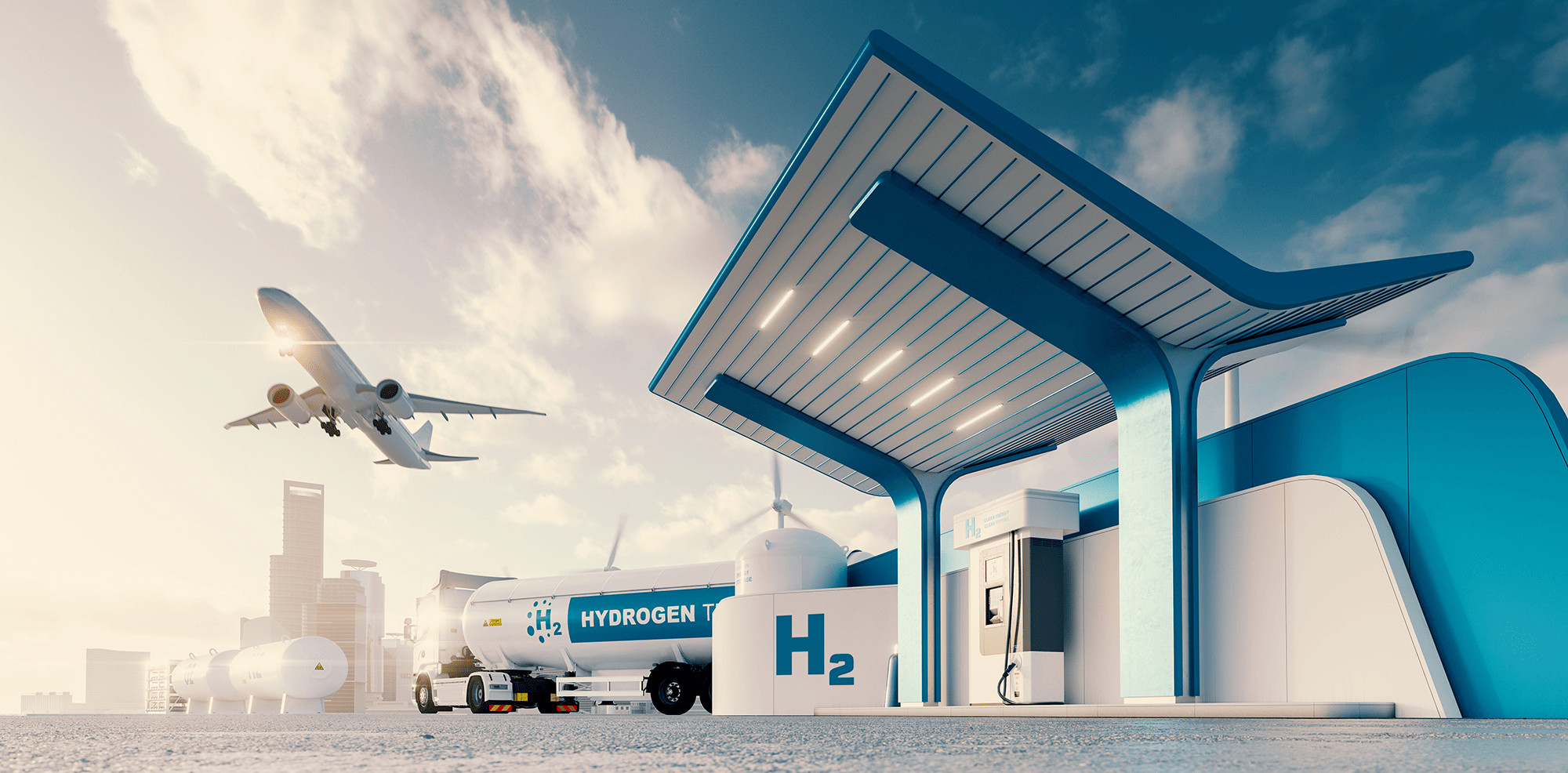With potential applications in a wide range of industries, hydrogen has attracted a lot of attention as a flexible and clean energy source. Thanks to its clean energy qualities and adaptability, hydrogen has the potential to be extremely important in a number of industries.
Hydrogen has the potential to be a useful energy source for many different sectors. Hydrogen is a clean, versatile solution that appeals to a wide range of industries. The following sectors require hydrogen:
Download – https://www.marketsandmarkets.com/industry-practice/RequestForm.asp
Energy and Power Generation:
Hydrogen has enormous potential to benefit the energy sector, especially power generation. Water vapor is the only result of using hydrogen as a fuel in hydrogen fuel cells, which generate electricity. In addition to promoting the generation of cleaner energy, this can assist lower greenhouse gas emissions.
1. The International Energy Agency (IEA) projects that by 2050, hydrogen could provide 18% of the world’s energy needs.
2. By 2030, investments related to hydrogen might total $280 billion, according to the Hydrogen Council’s estimation.
Hydrogen Future Growth in Energy and Power Generation Industry:
1. Hydrogen is expected to play a key role in the decarbonization of the electricity sector. Hydrogen possesses the capability to function as a means of storing excess electricity and providing grid balancing services when renewable energy sources like wind and solar power gain traction.
2. It is projected that the amount of hydrogen incorporated into existing power systems will increase significantly in the upcoming years, and that power plants that use hydrogen—such as gas turbines and hydrogen fuel cells—will progress.
3. Using hydrogen to produce power can assist in achieving climate goals, reduce reliance on fossil fuels, and increase energy security.
Transportation:
In the transportation industry, hydrogen finds employment in vehicles such as cars, trucks, buses, railroads, and even ocean-going ships. Hydrogen fuel cells can power electric cars since they have a longer driving range and require less time to recharge than traditional batteries. Hydrogen can also be utilized to make hybrid fuels, such as hydrogenated vegetable oil, which is suitable for internal combustion engines.
1. The Global Hydrogen Council estimates that 20 million trucks and 400 million cars might run on hydrogen by 2050.
2. The European Commission has set a target of one thousand hydrogen filling stations and six million hydrogen-powered cars by 2024.
Hydrogen Future Growth in Transportation Industry:
1. The usage of hydrogen as a fuel is anticipated to increase significantly in the transportation sector. When compared to battery-electric vehicles, hydrogen fuel cell electric vehicles (FCEVs) have advantages including greater driving ranges and quicker refueling periods.
2. Governments and automakers are funding the construction of hydrogen infrastructure and encouraging the creation and use of FCEVs.
3. The transportation sector can benefit from the increase of hydrogen applications because to its versatility, as hydrogen can be employed in buses, trucks, trains, and maritime vessels.
Chemical Industry:
For the chemical industry, hydrogen is a necessary feedstock. Ammonia, methanol, and other compounds are produced using it, among other techniques. Hydrogen is an essential component in the synthesis of resins and polymers, fertilizer, and petroleum refinement.
1. According to the International Energy Agency, every year, hydrogen is utilized to produce more than 70 million metric tons of chemicals.
2. About 10% of methanol and 70% of ammonia produced worldwide are produced by hydrogen, according to the Global Hydrogen Council.
Hydrogen Potential in Chemicals Industry:
1. Applications relating to hydrogen are expected to increase significantly in the chemical industry. It is anticipated that there would be a greater need for hydrogen as a feedstock for chemical processes such as the synthesis of methanol and ammonia.
2. Hydrogen will replace fossil fuels as the cleaner alternative as a result of sustainability concerns and the need to lower greenhouse gas emissions in the chemical industry.
3. Green hydrogen—which is derived from renewable resources—is probably going to become more popular as the chemical sector works toward becoming carbon neutral.
Read – https://www.marketsandmarkets.com/industry-practice/hydrogen/hydrogen-industries




